The prestigious Carthage Film Days (Journées Cinématographiques de Carthage) opened its 35th edition on Saturday evening at the Chedly Klibi City of C
The prestigious Carthage Film Days (Journées Cinématographiques de Carthage) opened its 35th edition on Saturday evening at the Chedly Klibi City of Culture in Tunis. This globally recognized festival, established in 1966, holds the distinction of being the oldest film festival in Africa and the Arab world. With a unique focus on showcasing films from Africa and the Arab region, Carthage Film Days has grown into an essential platform for cultural exchange, artistic dialogue, and the celebration of diversity.
This year’s festival brought together luminaries from the world of cinema, art, and media, attracting attendees from Tunisia and participating countries worldwide. The festival serves as a beacon for filmmakers and storytellers seeking to present narratives that challenge stereotypes, inspire change, and shine a light on underrepresented communities.
A Festival Rooted in Legacy
The 35th edition embraced a bittersweet tone, paying homage to two cherished figures of the cinematic world: actor Fathi Haddaoui, whose incredible legacy spans decades in theater, television, and film, and the influential film critic and journalist Khemis Khayati, known for his significant contributions to Arab cinema. These tributes underscored the festival’s commitment to celebrating the lives of those who have shaped the region’s cultural identity.
A Night of Meaningful Celebration
The opening ceremony featured a moving red carpet procession, accompanied by the soulful sounds of jazz music, symbolizing the festival’s dedication to themes of justice, freedom, and universal human values. Performances by the Tunisian Symphony Orchestra, opera singers, and choreographed dance pieces highlighted the struggles and resilience of oppressed peoples across the globe.
Honoring Excellence and Diversity
In addition to honoring the late icons, the festival awarded Tunisian actress Aïcha Ben Ahmed for her exceptional contributions to cinema. The spotlight also turned to the vibrant film industries of Palestine, Jordan, and Senegal in the “Cinema Under the Microscope” section. Audiences will have the opportunity to explore a selection of 19 Palestinian films, 12 Jordanian films, and 14 Senegalese films, with screenings held in theaters and in public spaces to reach a wider audience.
Competitive and Curated Cinema
The festival boasts four main competition categories:
- Feature-length Narrative Films
- Short Narrative Films
- Feature-length Documentaries
- Short Documentaries
Over 12 Tunisian films are featured this year, including standout feature-length entries like “Maa Al Ayn” by Mariem Jaafer and “Borj Erroumi” by Moncef Dhouib. The documentary lineup includes poignant works such as “Memories and Dreams” by Ismail and “Shehili” by Habib Al-Ayeb, while the short films category showcases fresh and innovative storytelling.
The festival juries include celebrated names such as Palestinian director Hany Abu-Assad and Tunisian producer Dorra Bouchoucha, who bring expertise and passion to evaluating the competition entries.
International Highlights
The opening night featured the Lebanese documentary “The Donor of Freedom”, directed by Iraqi filmmaker Qais Al-Zubaidi. This film, which has been restored to its original brilliance, delves into the resistance movements in Lebanon and Palestine. Additionally, the Palestinian short film “After”, directed by Maha Haj, touched audiences with its exploration of human relationships and the complexities of memory.
A Rich History of Excellence
Since its inception, Carthage Film Days has been committed to promoting social justice and amplifying the voices of filmmakers from the Global South. As a biennial event until 2014, it was instrumental in shaping the cinematic identity of the Arab and African worlds. Transitioning to an annual event, the festival has expanded its reach and continues to foster cultural understanding and dialogue among nations.
This year, the festival’s legacy was further enriched through its thematic emphasis on justice, equity, and the transformative power of storytelling. By creating spaces for emerging filmmakers and celebrating seasoned artists, Carthage Film Days remains a cultural cornerstone that bridges tradition and innovation.
A Platform for Cultural Exchange
Beyond the screenings and competitions, Carthage Film Days serves as a meeting point for filmmakers, producers, and critics. The festival hosts workshops, panel discussions, and networking events designed to nurture the next generation of storytellers while fostering collaborations across borders.
A Tribute to Storytelling
This year’s edition reaffirms the festival’s mission to be a space for reflection, inspiration, and artistic celebration. By honoring icons, spotlighting emerging talents, and amplifying marginalized voices, the 35th edition of Carthage Film Days stands as a testament to the enduring power of cinema.
Sari Albeder Carthage Film Festival #JCC2024

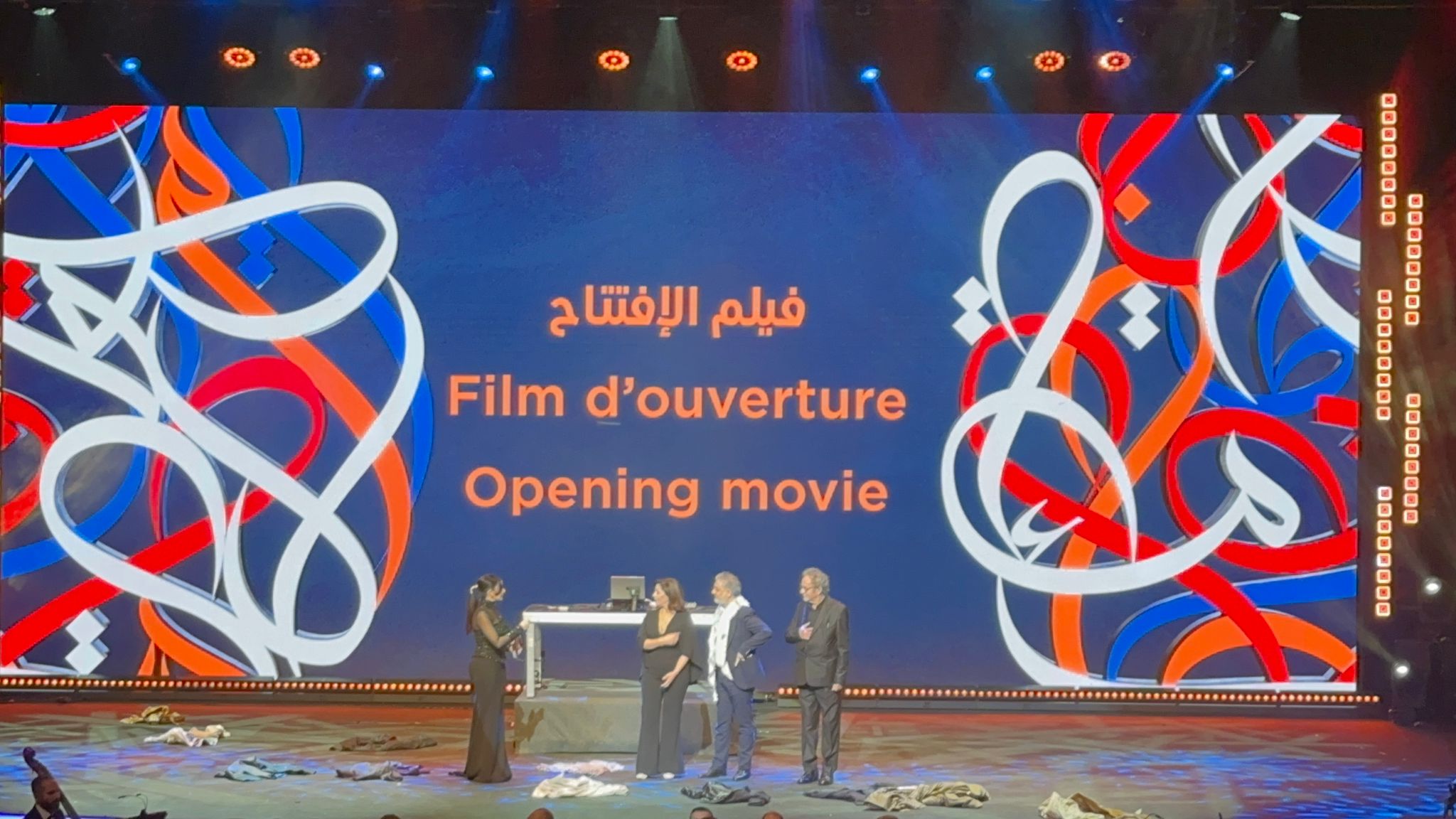
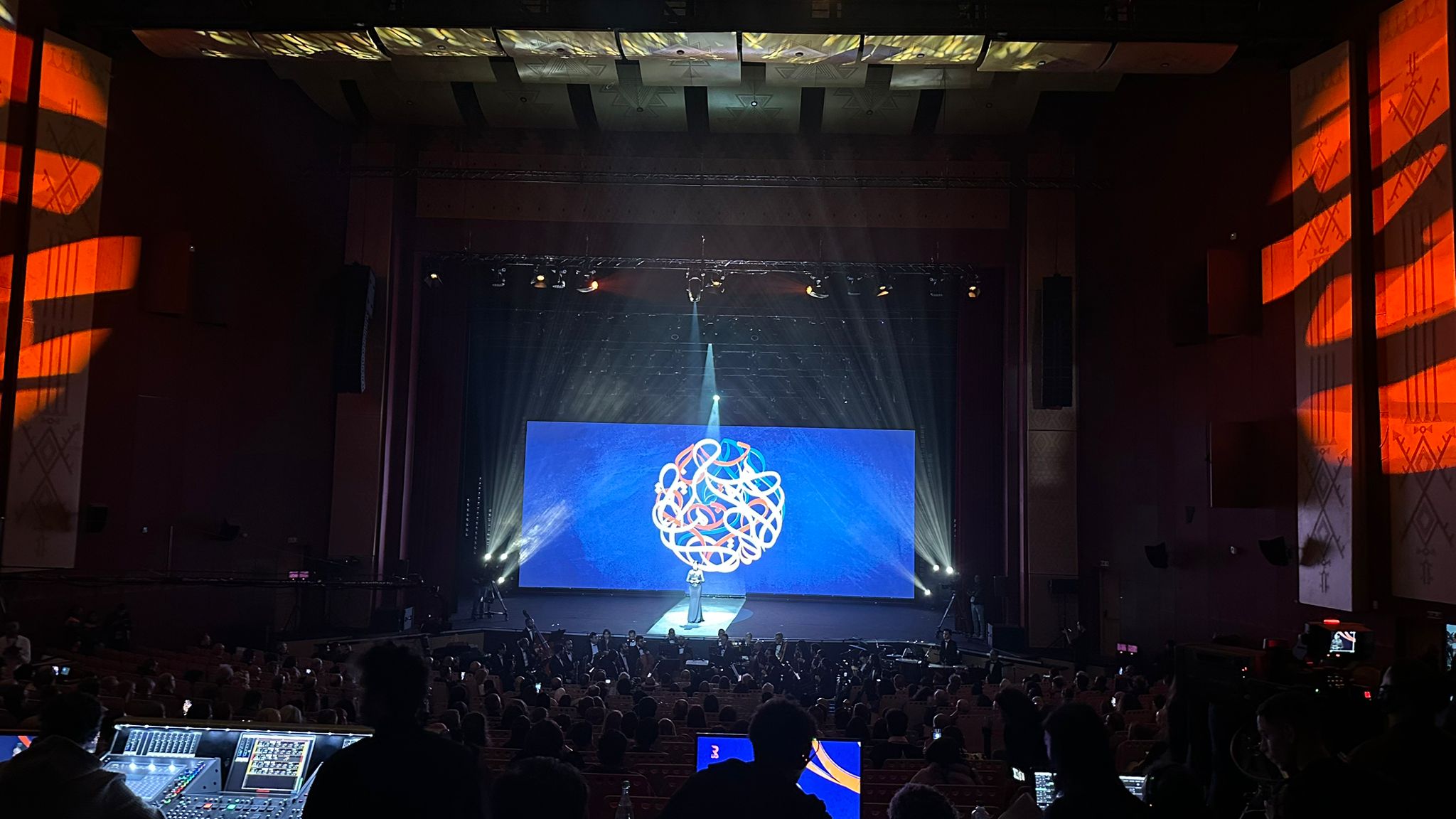
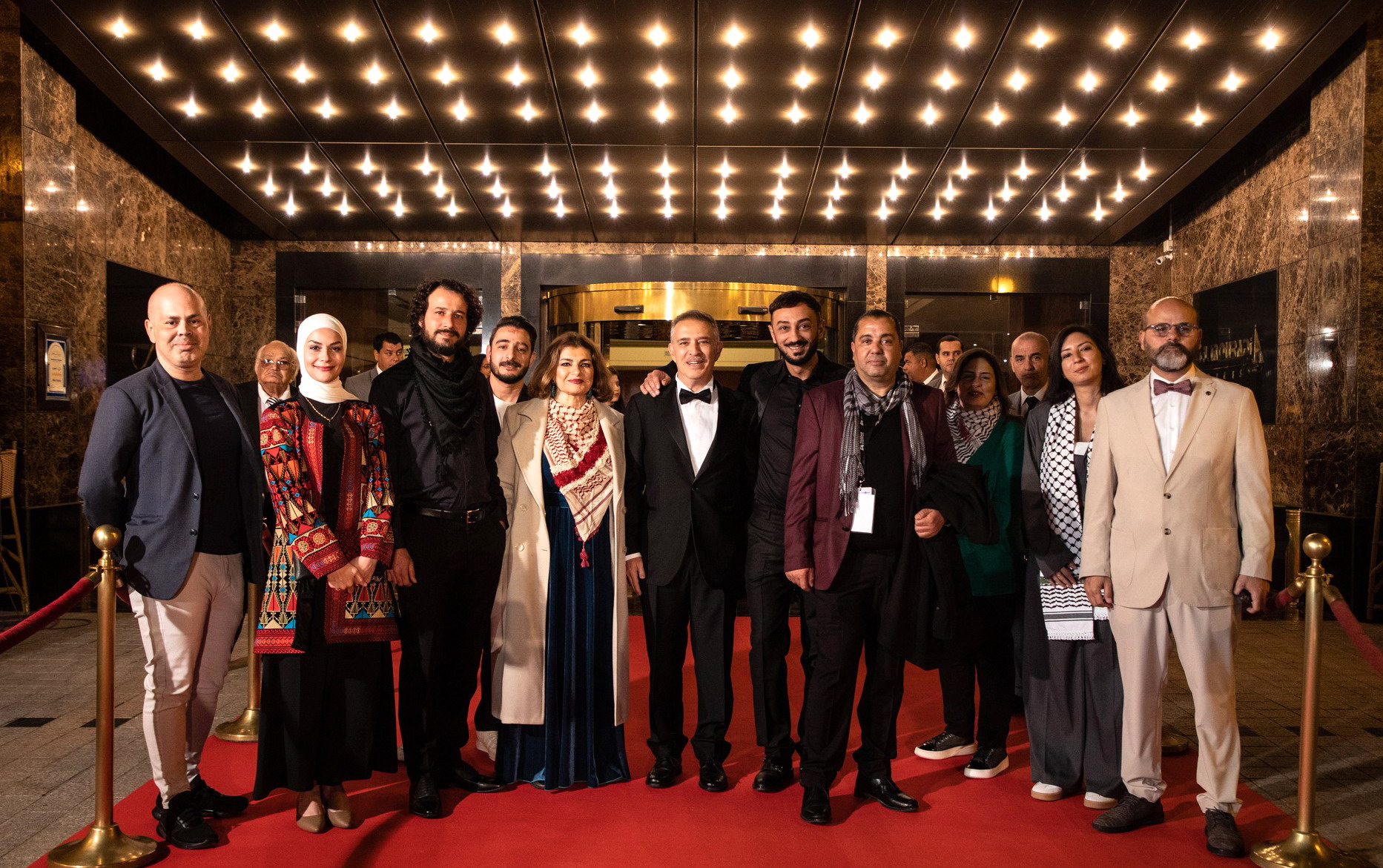
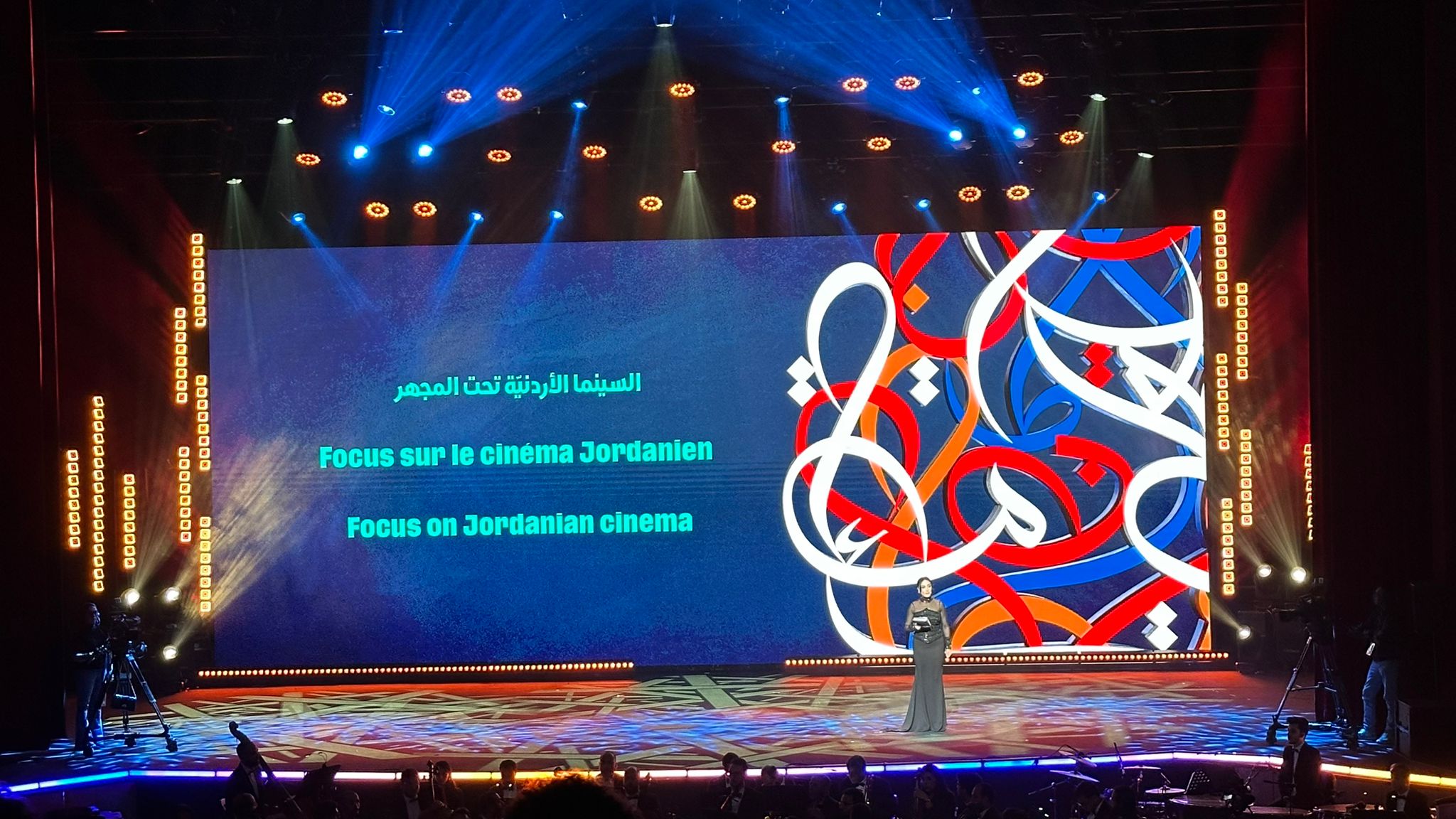
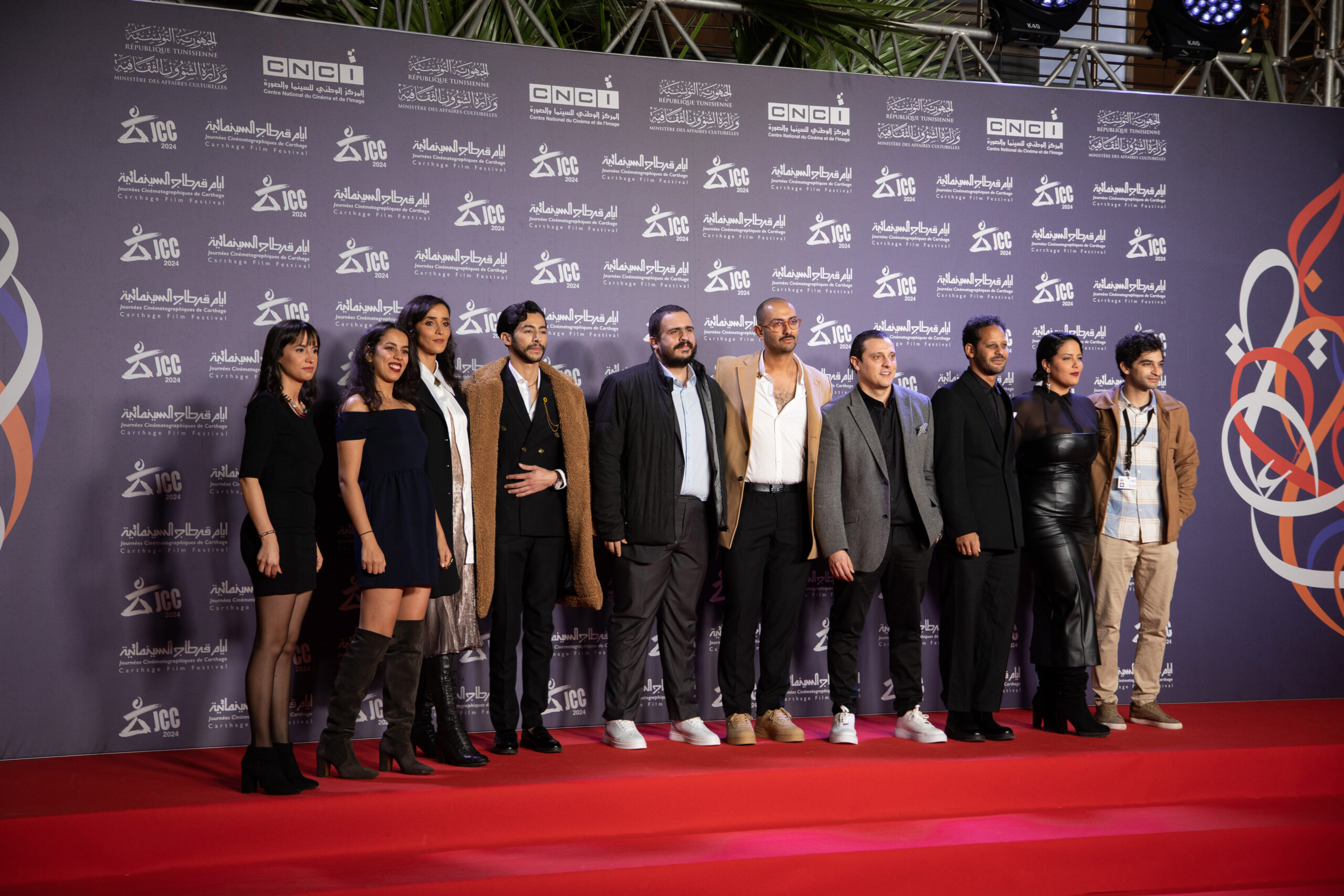
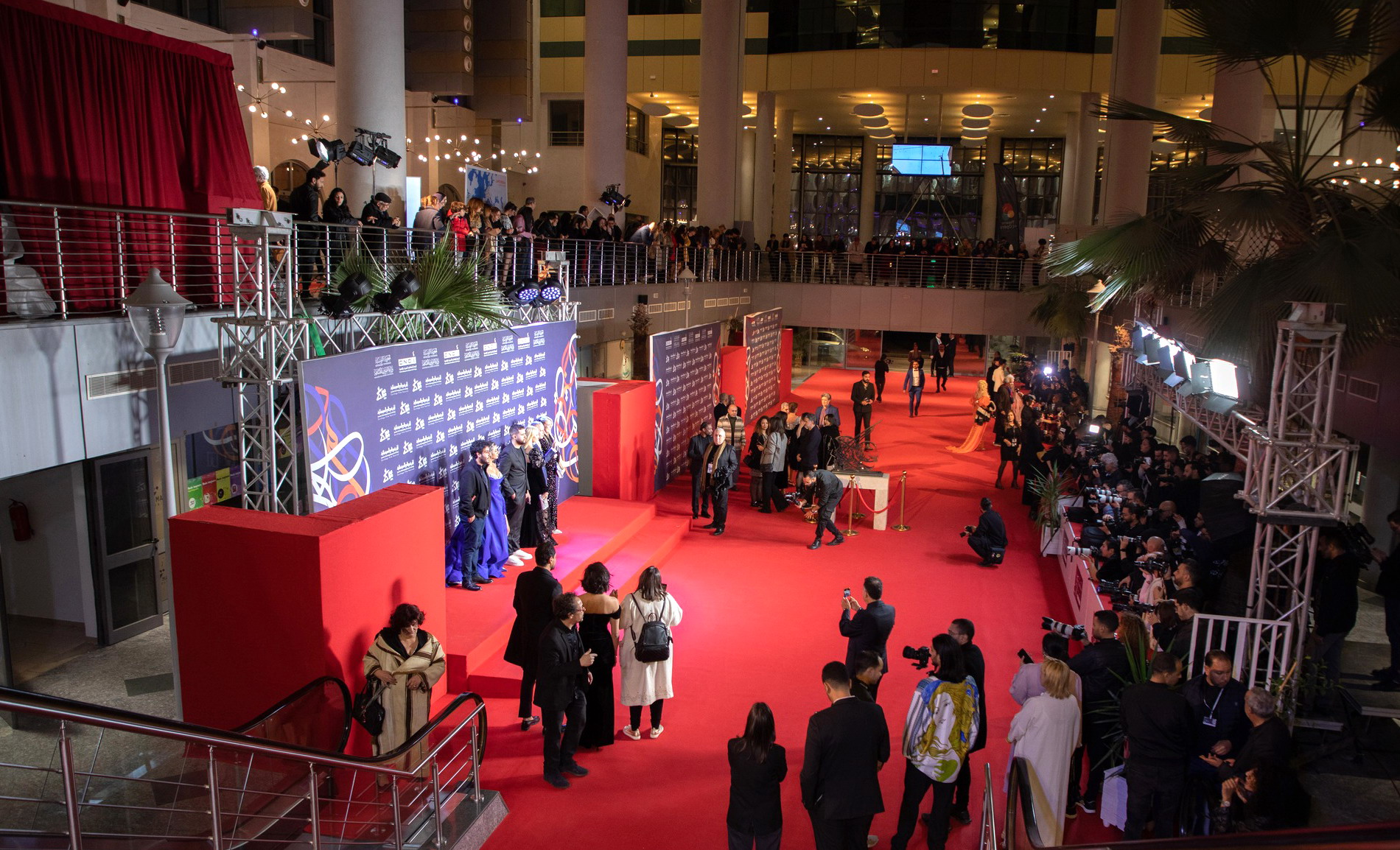
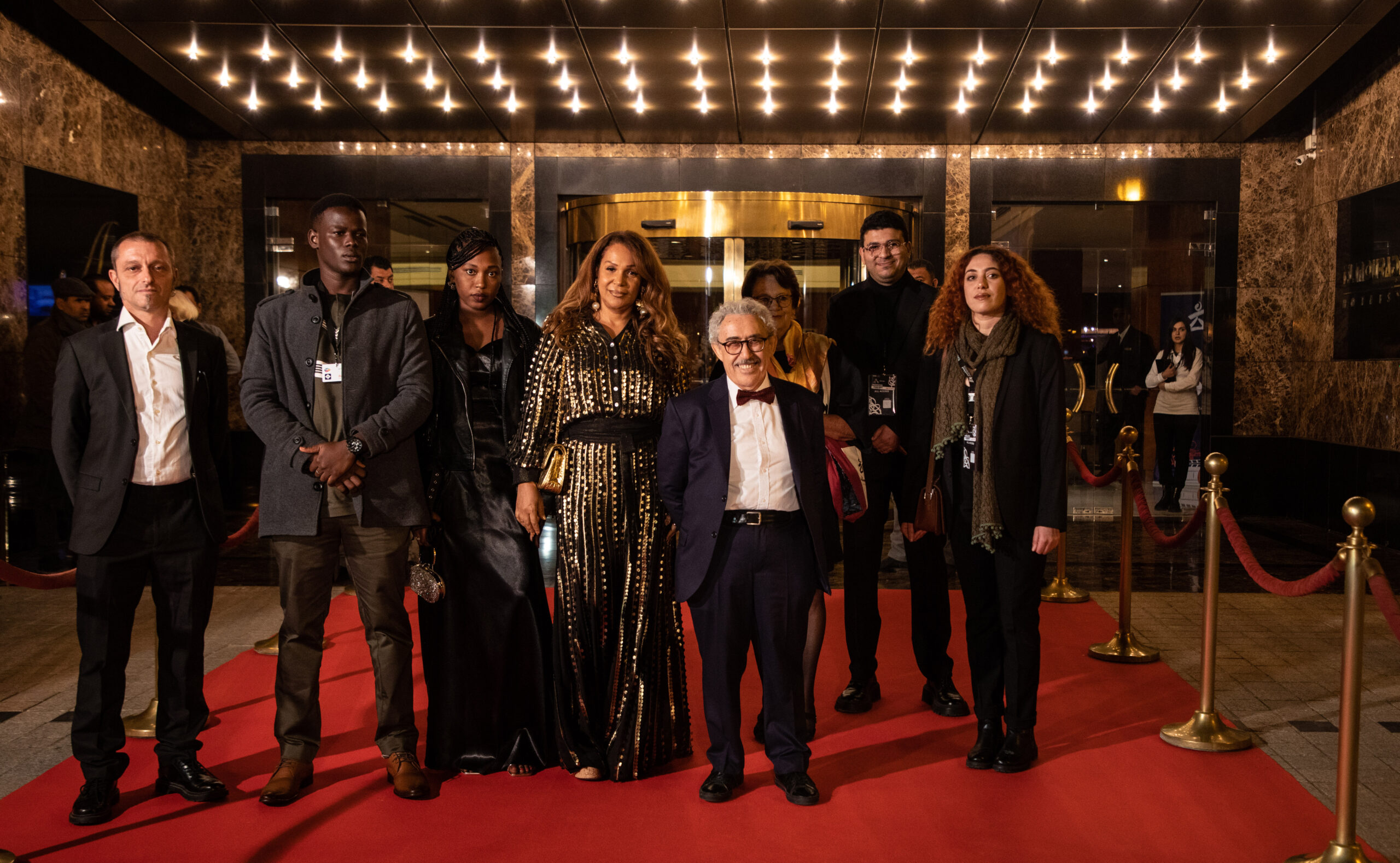
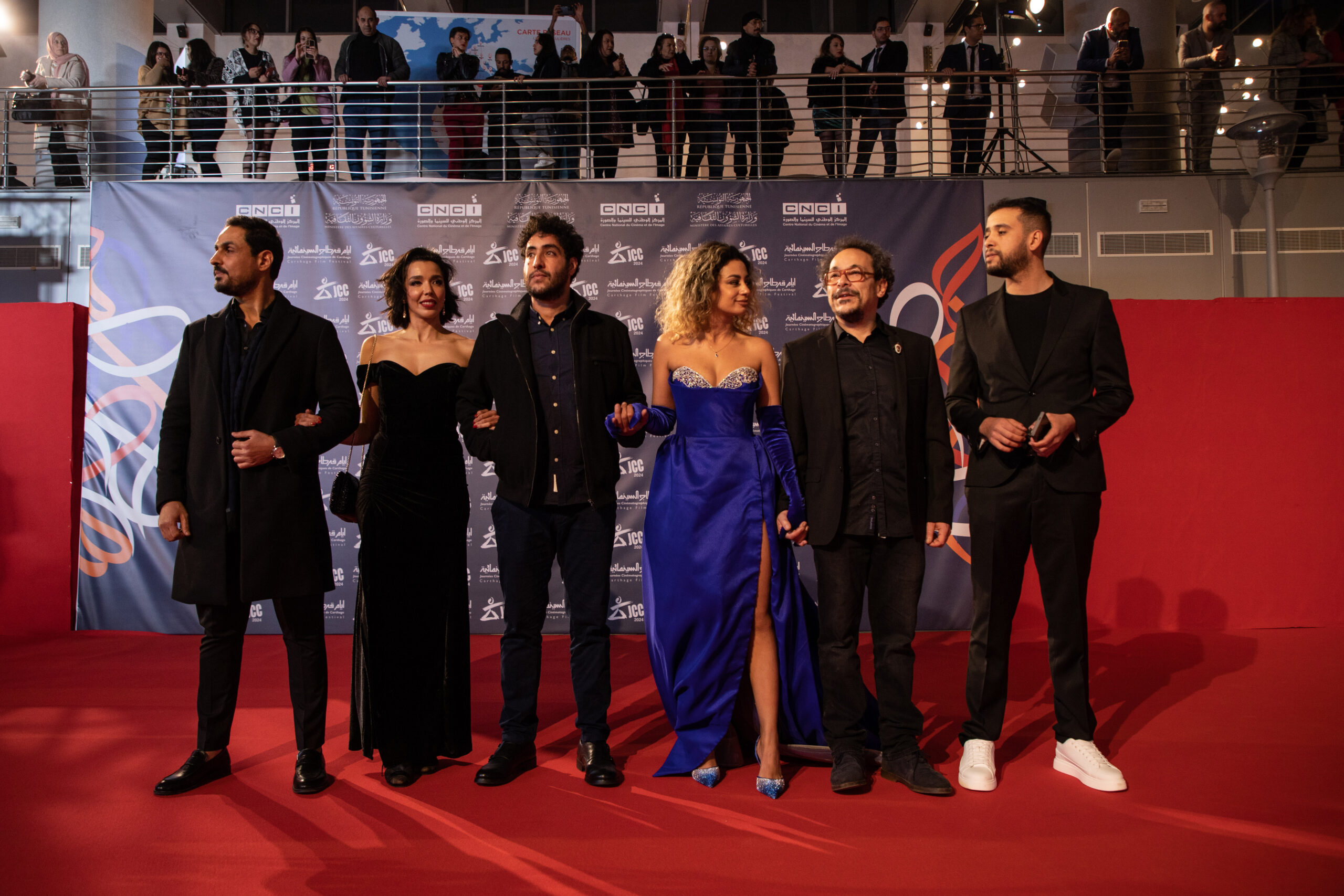
COMMENTS